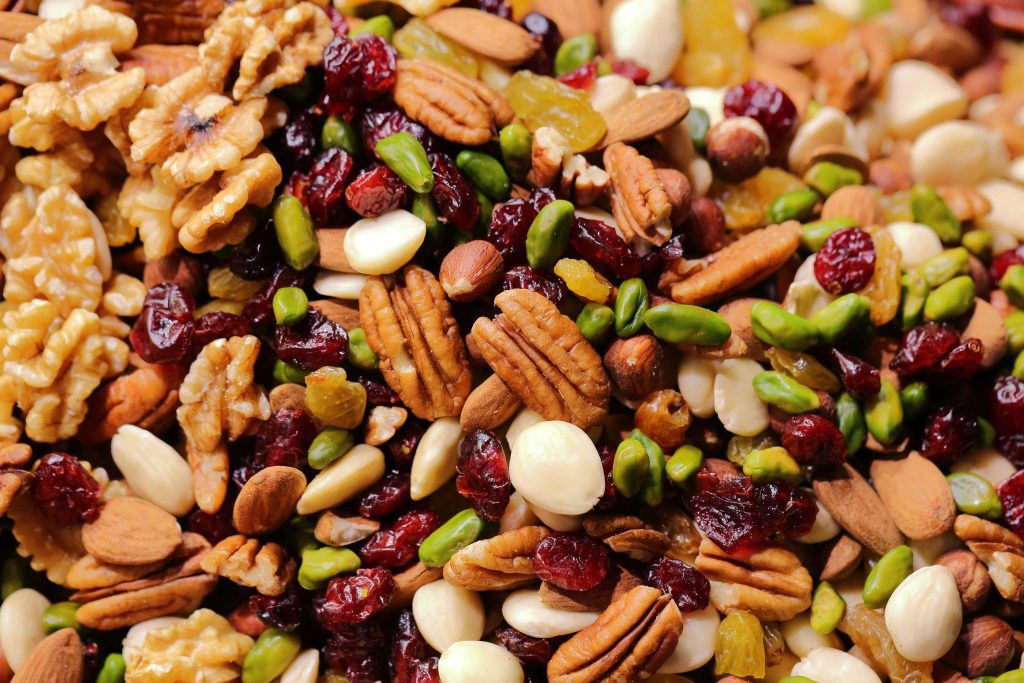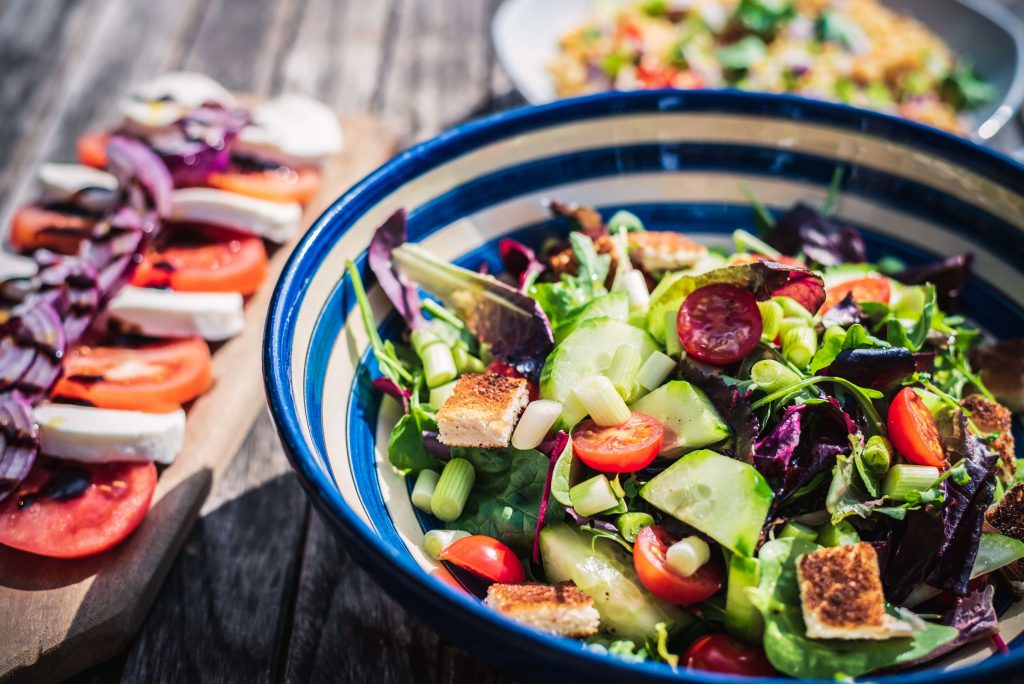Although veganism is one of the in things right now, there are much better reasons to eat more plant proteins than following a trend. Just ask the vegans who went meat-free out of compassion for animals, or those who did it for health reasons.
We can think of 10 great reasons why you should up your intake of plant proteins. Whether you’re looking for motivation to embrace a plant-based diet or you want confirmation that you’ve made the right dietary decision, you will find it below.
1. Plant Protein Is Animal-Friendly
One of the best reasons to adopt a plant-based diet is that it’s the compassionate choice. For many people, the idea of veganism begins and ends with the lack of slaughtering animals, but it really goes much deeper than that.
Those same people may picture modern farms as seen in children’s story books – picturesque places filled with smiley daisies, happy cows, and friendly chickens. According to the ASPCA, the sad truth is that 95% of America’s farm animals live on factory farms. They are effectively meat factories, and they’re as depressing as they sound. Those animals live short, miserable lives, often are subjected to cruel treatment, and ultimately end up on the dinner table.
2. Plant Protein Is Earth-Friendly
A diet that is rich in plant protein is not only animal-friendly, it’s earth-friendly too. The Amazon rainforest is responsible for producing more than 20% of the world’s oxygen. However, that fact isn’t enough to deter unscrupulous people from destroying as much of it as they can.
Between August 2017 and July 2018, 3,050 sq. miles of the Amazon were destroyed. According to reports, more than 90% of deforestation in that region happens because of animal agriculture. If the land is not being used for animals directly, it’s being replanted with monocrops to grow feed for animals. Either way, one and a half acres of land produces a mere 375lbs of meat. In contrast, an area of the same size produces 37,000lbs of plant food.
 3. Plant Protein Fights Climate Change
3. Plant Protein Fights Climate Change
Eating more plant proteins can help intensify the fight against climate change. In addition to being the cause of massive deforestation in the Amazon and elsewhere, the livestock industry is also responsible for 75% – 80% of agricultural emissions. The amount of beef in the average American diet produces 1,984lbs of CO2e every year. If beef were replaced with plants, the average diet would produce as little as 75lbs of CO2e annually.

4. Plant Protein Is Complete Protein
There was a time when even the experts thought that plant protein was not a complete protein, and that a truly balanced, healthy diet required the inclusion of some meat. It’s true that many plant proteins do not include all nine essential amino acids that our bodies need to get from outside sources.
Some plant foods, such as chia seeds, spirulina, and maca powder, do contain all nine essential amino acids. As long as you are including some of those foods in your diet regularly, you’re getting complete proteins.

5. Plant Protein Makes Financial Sense
Meat, fish, and seafood is expensive, and because the production of it usually is labor-intensive, those costs are not likely to come down any time soon. Legumes and pulses such as beans and lentils, as well as nuts and seeds, are rich in plant protein and are available at a fraction of the cost. They also are simple to store, which makes it easier to buy them in bulk.
6. Plant Protein Builds Muscle
When it comes to putting on muscle mass and increasing strength, there’s a misconception that animal protein is the only way to do it. This is not true, as plant protein can do just as good a job.
If you want to build muscle on a plant-based diet, be sure to include two different types of plant protein in every snack or meal that you have. For example, include legumes and nuts in one meal, and soy and whole grains in another.
7. Plant Protein Can Reduce Colorectal Cancer Risk
According to the American National Cancer Institute, the third most common form of cancer in the country is colorectal. This may be partly due to an average diet that is high in animal protein while being relatively low in plant food. JAMA Internal Medicine journal published a study that revealed that the risk of colorectal cancer in vegetarians was 22% lower than in meat eaters.
8. Plant Protein Can Decrease Arthritic Pain
Arthritis can become particularly painful when the affected joint becomes inflamed. While various factors can trigger inflammation, a common cause is the body’s production of cytokines, which are proteins that can worsen inflammation. According to Frederick’s Arthritis Treatment Centre’s Dr. Nathan Wei, decreasing your intake of animal protein and eating more plant protein slows the production of cytokines.
9. Plant Protein Promotes Good Health
In addition to reducing the risk of colorectal cancer and decreasing the pain of inflammatory arthritis, plant protein can promote good health in other ways. One of them is a possible reduction in the risk of developing diabetes.
Plant protein also has been shown to assist with the control of blood sugar levels in Type 2 diabetes. There are possible links between a plant-based diet and reduced risk of heart attacks and stroke. What’s more, it could lower your level of cholesterol and your blood pressure.
 10. Plant Protein Leads To A Better Diet
10. Plant Protein Leads To A Better Diet
When you eat more plant protein, there’s a good chance you are eating other plant-based foods as well. In addition to getting a healthy dose of protein, your diet will also supply an array of vitamins and minerals.
According to reports, research showed that vegetarians had more of vitamins A, C, and E, as well as folate, fiber, non-heme iron, calcium, magnesium, and riboflavin in their diets compared to meat eaters.
Whether you consider compassion, climate change, sustainability, or the health benefits, the reasons to eat more plant protein outweigh any reasons you could have for eating meat. Up your intake and you could experience many of the benefits for yourself.
About The Author: Jess is an Editor at Forager Project. She is a lover of everything organic and is passionate about making the world a better place one written piece at a time. https://www.foragerproject.
___
Follow HappyCow on Twitter, Instagram, and Facebook, @HappyCow.
Get regular updates here from HappyCow, with travel tips, vegan advice, and insider restaurant info.







